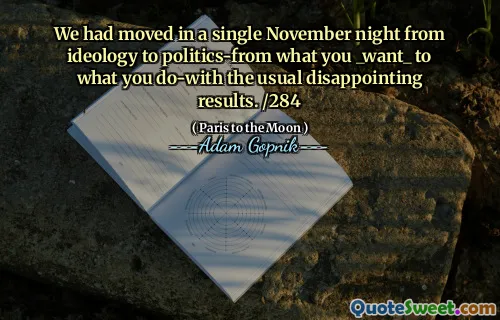
Enemies may unite to eliminate a common threat, but never without a wary eye fixed on their ally.
The quote encapsulates a timeless truth about human nature and alliances. When confronted with a formidable common enemy, different parties may temporarily join forces, recognizing that their objectives align in the face of a shared threat. However, beneath this temporary alliance lies an inherent suspicion—each side remains cautious of betrayal or opportunism. The dynamics of such partnerships are often volatile, driven by mutual interest rather than genuine trust. This sentiment resonates deeply with historical and contemporary geopolitics, where coalitions of convenience are formed, only to be shattered by underlying mistrust. It reminds us that alliances based solely on expedience are fragile; each participant must remain vigilant, lest they be undermined by those they once allied with. Such caution is prudent because human motivations are complex and often self-serving. The quote echoes the idea that lasting loyalty is rare, and even in moments of cooperation, skepticism persists, ensuring that no one fully lets their guard down. It encourages a realistic view of relationships, acknowledging that cooperation is often motivated by necessity and strategic interest rather than sincere trust. Furthermore, it underscores the importance of vigilantly monitoring one's allies, as betrayal can come unexpectedly. Understanding this nuanced view of alliances can help individuals and nations navigate complex relationships more prudently, fostering alliances that are rooted in careful judgment and continuous evaluation rather than naive trust. This quote, from Richelle E. Goodrich's 'The Tarishe Curse,' ultimately reminds us that beneath appearances of unity, lurking suspicion remains an ever-present reality, shaping interactions and decisions in countless spheres of life.






